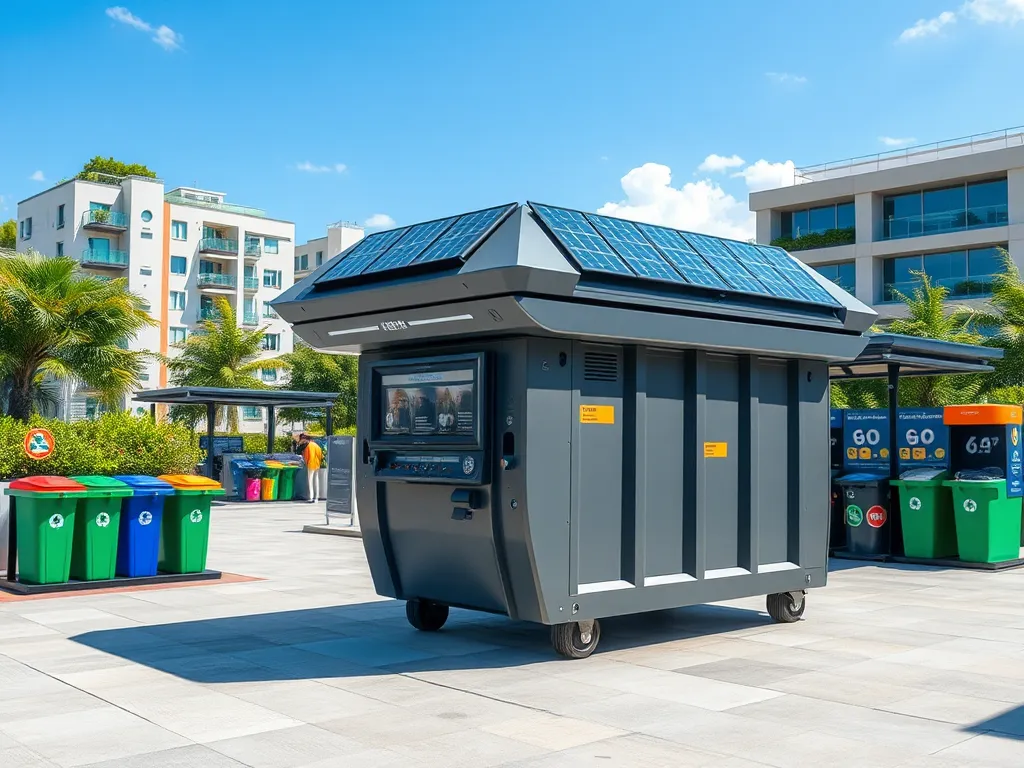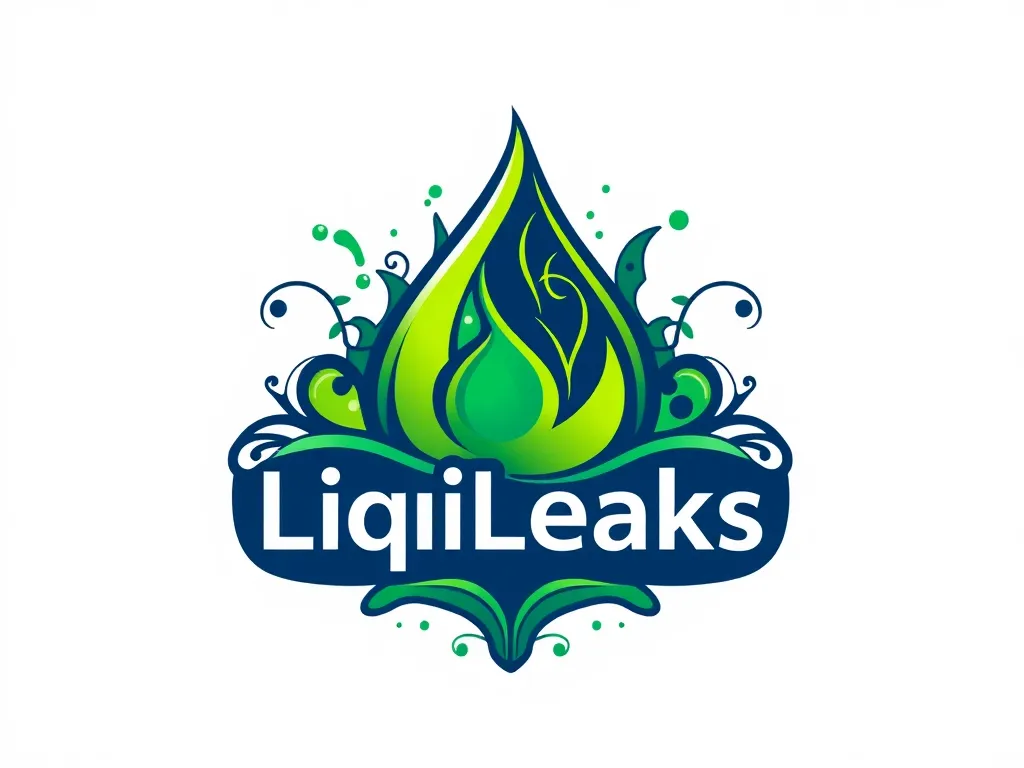Revolutionizing Waste Management: Innovations in Dumpster Rental

Innovations in Dumpster Rental and Waste Removal Technology
The landscape of waste management is evolving rapidly, with new innovations in dumpster rental and waste removal technology paving the way towards a more efficient, eco-friendly future. These technological advancements are not only improving operational efficiency, but they are also transforming the customer experience, enhancing sustainability, and promoting responsible waste disposal practices.
Among the most significant trends in this industry are Smart Dumpster Solutions, which leverage the Internet of Things (IoT) to provide real-time monitoring of dumpster capacity and waste levels. This innovation allows waste management companies to optimize their collection routes and schedules, reducing operational costs and minimizing environmental impact. Furthermore, mobile applications are emerging as key tools for on-demand rental management, making it easier for customers to reserve dumpsters and track their waste disposal needs seamlessly.
Sustainability is at the core of many recent innovations in dumpster rental and waste removal technology. New eco-friendly materials are being used to construct dumpsters, ensuring that they are more sustainable and capable of facilitating waste recycling. Additionally, advancements in recycling technology enable better sorting and processing of recyclable materials, while composting initiatives are being integrated into waste removal strategies, promoting more sustainable waste disposal practices.
Robotics and automation are also making significant strides in the waste management sector. The development of robotic waste collectors is revolutionizing how waste is picked up, offering a safer and more efficient solution. Moreover, the introduction of artificial intelligence (AI) systems helps optimize waste collection routes, increasing the efficacy of waste removal operations. Drones are even being employed for aerial monitoring of waste hotspots, providing waste management companies with valuable data to enhance their services.
Lastly, customer experience is being significantly enhanced through various technological innovations. Virtual reality (VR) tools are enabling customers to visualize dumpster options before making a selection, thus improving the decision-making process. Feedback systems are being implemented to gather insights for continuous rental improvement, while AI is being utilized to offer personalized service offerings based on individual customer needs and preferences.
Smart Dumpster Solutions
Smart Dumpster Solutions are transforming waste management by integrating IoT-enabled dumpsters that allow for real-time monitoring of waste levels. These dumpsters can send alerts when they are nearly full, enabling waste collection companies to schedule pickups more efficiently, reducing unnecessary trips and fuel consumption.
Additionally, mobile apps for on-demand rental management are changing the way customers engage with dumpster rental services. These apps provide a user-friendly platform for customers to rent, track, and manage their waste disposal needs from the convenience of their mobile devices, streamlining the process significantly.
Understanding various options for waste management can be enhanced by exploring the comprehensive overview available at https://en.wikipedia.org/wiki/List_of_solid_waste_treatment_technologies.
Automated pickup and scheduling systems are also enhancing the efficiency of waste collection. By using data analytics and real-time tracking, waste management companies can optimize their routes and schedules, ensuring that resources are utilized effectively and response times are reduced.
Sustainable Waste Management Practices
Sustainability is becoming increasingly important in waste management, leading to the adoption of eco-friendly materials in dumpster construction. These materials not only reduce the environmental impact associated with dumpster production, but they also improve the recyclability of the dumpsters themselves.
Advancements in recycling technology are making it easier to process and sort waste materials, thereby increasing the overall recycling rates. These technologies allow for improved segregation of recyclable materials at the point of disposal, ensuring that more items are diverted from landfills and returned to the production cycle.
Composting initiatives are also gaining traction within waste management practices. By integrating composting into waste removal services, companies can help customers divert organic waste from landfills, leading to reduced greenhouse gas emissions and promoting soil health through the recycling of organic materials.
Robotic and Automated Waste Collection
The introduction of robotic waste collectors is one of the most promising innovations in waste removal. These robots are designed to autonomously navigate waste collection routes, picking up trash and ensuring that the process is executed with a lower risk of injury to human workers, while also enhancing collection efficiency.
Artificial intelligence plays a significant role in optimizing waste routes, as AI systems can analyze data to predict optimal collection times and routes. This leads to reduced fuel consumption, fewer greenhouse gas emissions, and lower operational costs for waste management companies.
Drones are being explored for aerial waste monitoring, enabling companies to identify waste hotspots and monitor illegal dumping activities from the air. This innovative approach aids in resource allocation and helps maintain cleaner environments.
Waste Reduction Technologies
Innovative sorting technologies in dumpsters are helping to enhance waste reduction efforts. These technologies allow for better segregation of materials, facilitating the recycling process and ensuring that valuable resources are not lost to landfills.
On-site waste conversion methods, such as waste-to-energy technologies, are emerging as viable solutions for reducing waste volume while simultaneously generating energy. These methods allow waste management companies to manage disposal while promoting energy recovery.
Collaboration with local recycling centers is becoming crucial in waste reduction strategies. By forming partnerships, waste management companies can ensure that recyclable materials are effectively processed and reintegrated into the supply chain, thus promoting a circular economy.
Customer Experience Enhancement
The use of virtual reality technology in dumpster selection tools is enhancing the customer experience by allowing clients to visualize different dumpster options in their actual environment. This immersive experience assists customers in making informed decisions about their waste disposal needs.
Feedback systems are being integrated into rental platforms to gather insights from customers, enabling rental companies to continually improve their services. Understanding customer preferences is vital to providing a more personalized and satisfactory experience in dumpster rental.
Furthermore, AI-driven personalized service offerings are helping waste management companies meet individual customer needs. By analyzing past rental behaviors, companies can offer tailored solutions that maximize customer satisfaction and optimize waste disposal practices.
